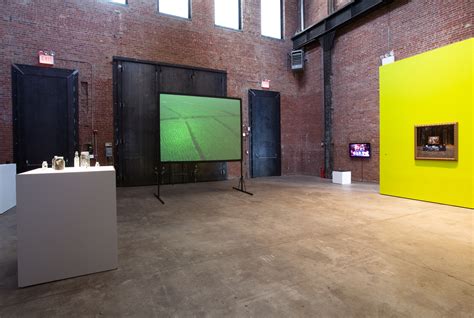A Quote by Ismail Kadare
In general, literature is a natural adversary of totalitarianism. Tyrannical governments all view literature in the same way: as their enemy. I lived for a long time in a totalitarian state, and I know firsthand that horror.
Related Quotes
It seems to me that literature is giving way a little bit to the immediacy of other diversions, other forms of entertainment. What will it be in fifty years? I don't know. Will there be printed books? Probably, but I'm not sure. There's always going to be literature, though. I believe that. I think literature has a way of getting deep into people and being essential. Literature has its own powers.
Literature cannot develop between the categories "permitted"—"not permitted"—"this you can and that you can't." Literature that is not the air of its contemporary society, that dares not warn in time against threatening moral and social dangers, such literature does not deserve the name of literature; it is only a facade. Such literature loses the confidence of its own people, and its published works are used as waste paper instead of being read. -Letter to the Fourth National Congress of Soviet Writers
I'm a big believer in pairing classics with contemporary literature, so students have the opportunity to see that literature is not a cold, dead thing that happened once but instead a vibrant mode of storytelling that's been with us a long time - and will be with us, I hope, for a long time to come.
English is, from my point of view as an Americanist, an ethnicity. And English literature should be studied in Comparative Literature. And American literature should be a discipline, certainly growing from England and France, Germany, Spain, Denmark, and the Native traditions, particularly because those helped form the American canon. Those are our backgrounds. And then we'd be doing it the way it ought to be done. And someday I hope that it will be.
I think that's an important part of art in general. Especially in literature, in stories, we play with eventualities that may put us through a lot of intense negative feelings - say, in horror films or tragedies as intense as King Lear - but we come out feeling richer. We've lived to the fullest, we've tested ourselves in these environments.






































